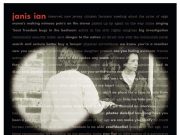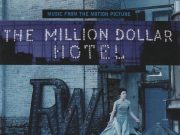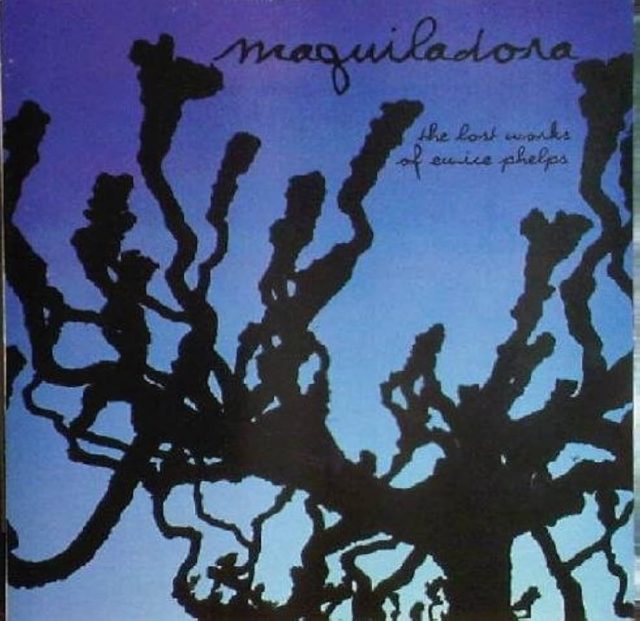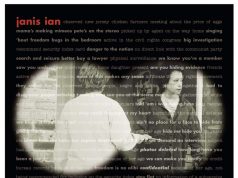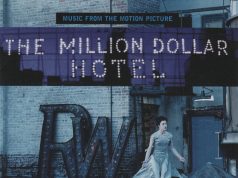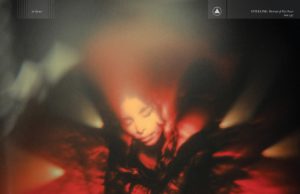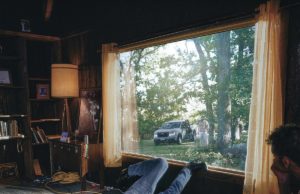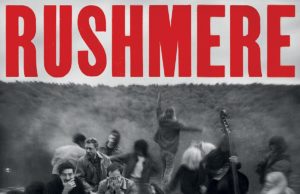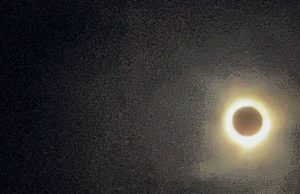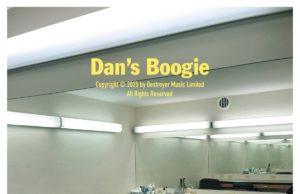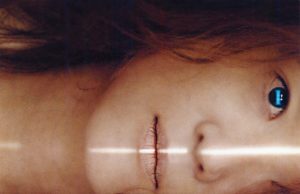 If David Peel had fronted Calexico, the end result may well have resembled Maquiladora’s 1998 debut masterpiece / curio, The Lost Works of Eunice Phelps.
If David Peel had fronted Calexico, the end result may well have resembled Maquiladora’s 1998 debut masterpiece / curio, The Lost Works of Eunice Phelps.
The demented introduction Spinal Meningitis sets the tone: A crepuscular organ drowns out a nonsensical serenade from the “vocalist.” The next track (Two Minute Tour) is haunting and hallucinatory: It’s a genuinely eerie piece, notable for its deceptive simplicity. Mercy Visions, however, temporarily dials back the absurdity for a stentorian ballad in the vein of Leonard Cohen. Double Barn Doors marks a return to said absurdity: It sounds like a demented old time singalong.
Their ability to write catchy yet bizarre tunes is uncanny: Witness Mayday and In The Name Of The Song Of The Father. Mercury Sounds, on the other hand, sounds like a tribute to (early) Mercury Rev, as the title suggests. The House Of Hearing is a lysergic psychedelic ballad, and Black Spring is a sort of return to the Cohenesque stylings of Mercy Visions. The album — attributed to Phelps, seemingly a phantom — closes cryptically with a reprise of Spinal Meningitis.
The Lost Works of Eunice Phelps was completely ignored upon its publication. Following the awkward transitional 2000 album White Sands, the San Diego band delivered another masterpiece with 2002’s Ritual Of Hearts. What The Day Was Dreaming (2003) and Wirikuta (2010) were also strong albums, as was The Passion of Becky Royal (2015), despite the lame title.
All of Maquiladora’s albums have been greeted with total indifference. They are arguably the most underrated band of all time.
• • •
Brett Abrahamsen is a lifelong connoisseur of the experimental and obscure. He is also a science fiction writer (and an amateur philosopher of sorts). He resides in Saratoga Springs, N.Y.


